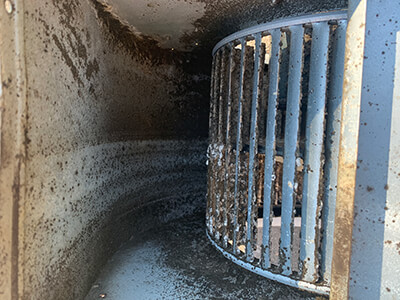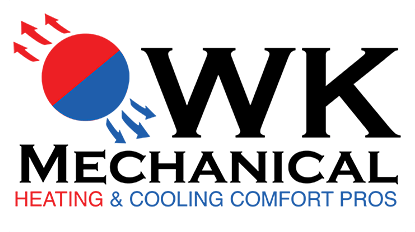
Cleaning your furnace regularly will lead to better performance and increased energy efficiency. It will also help prevent issues early on. Above all, routine cleaning will ensure that your system performs at peak condition for several years. On the contrary, neglecting the furnace might lower performance and cause costly repair issues. Usually, dirt affects the heat exchanger, blower, and filter system. Here is how you can keep these elements clean.
Turn the Power Off
If you have a gas furnace, lower your thermostat to the lowest setting and wait for the heating cycle to end. From there, flip the power switch off and adjust the pilot light to cut off the fuel supply. Remember to also turn off the main shut-off valve. All you must do is flip the switch off for your electric furnace.
Gather the Essentials
It is a good idea to have all the essentials with you before getting started. You will also save time as you don’t have to stop the task abruptly to look for the tools and supplies you need. Here are some of the things you will need to clean your furnace:
- Screwdrivers
- Emery cloth
- Ratchet and socket set
- Vacuum with a brush attachment
- A strong bristled brush
- New filter
- Machine oil
Check the Furnace Filter
If you have everything for the job, it is time to inspect your furnace filter. Usually, you can find the filter on the access panel outside your furnace. The filter in most furnaces is located on the front. Use the screwdriver to unscrew the front panel so that you can access the filter. From there, you should pull up the filter to remove it. Inspect it for debris or dirt.
If your filter is dirty, you will have to clean or replace it. A dirty filter circulates poor-quality air around your home instead of clean air. Moreover, it will force your unit to overwork. Clean reusable filters using tap water and mild soap to remove debris. Leave your filter out to dry completely before inserting it back into the furnace. If the filter is disposable, you will have to purchase a new one.
Check the Blower
Dirt and debris can also affect the blower. For that reason, it is also essential to check the blower when cleaning the furnace. Start by unscrewing the front panel of your furnace to access the blower assembly. You may have to unscrew the entire front panel. Moreover, you might have to detach the fan unit from your furnace.
Remember to take a picture of the connection so that you can attach it back correctly. You can also label each wire to save your time when reassembling. Once you get to the blower assembly, use water and mild soap to clean the blower. You can also use a firm bristled brush to clean the blades. Finally, use the vacuum to remove all loose particles.
Inspect the Heat Exchanger
The heat exchanger is also susceptible to dirt and debris, so you should also pay attention to it. You can use a firm bristled brush to remove debris on each chamber. You can also use the white emery cloth to remove the debris. Once you are done, you should use a handheld vacuum with a brush attachment to clean all the chambers on the heat exchanger. Vacuuming helps to remove dirt and debris on all compartments.
Check the Burner Flames
If you have a gas furnace, you should check the burners to ensure the flames are blue and even. Dirty burners usually have yellow flames. It is best to contact heating and cooling technicians in such a scenario.
Get Help From the Professionals
Although cleaning your furnace seems like an effortless job, it is essential to do it right. Proper cleaning and maintenance will enhance overall performance and improve the longevity of your home comfort equipment. Moreover, it will help prevent costly repairs or replacements down the line. That is why you should always seek professional help from certified heating and cooling technicians before doing it yourself.
As the premier heating and cooling contractor in Middletown, NY, we pride ourselves on providing superior HVAC services throughout Orange County. At WK Mechanical, Inc., we offer residential and commercial services, and our team works with generators, water quality systems, and indoor air quality solutions. Give us a call today to learn more about our services.

